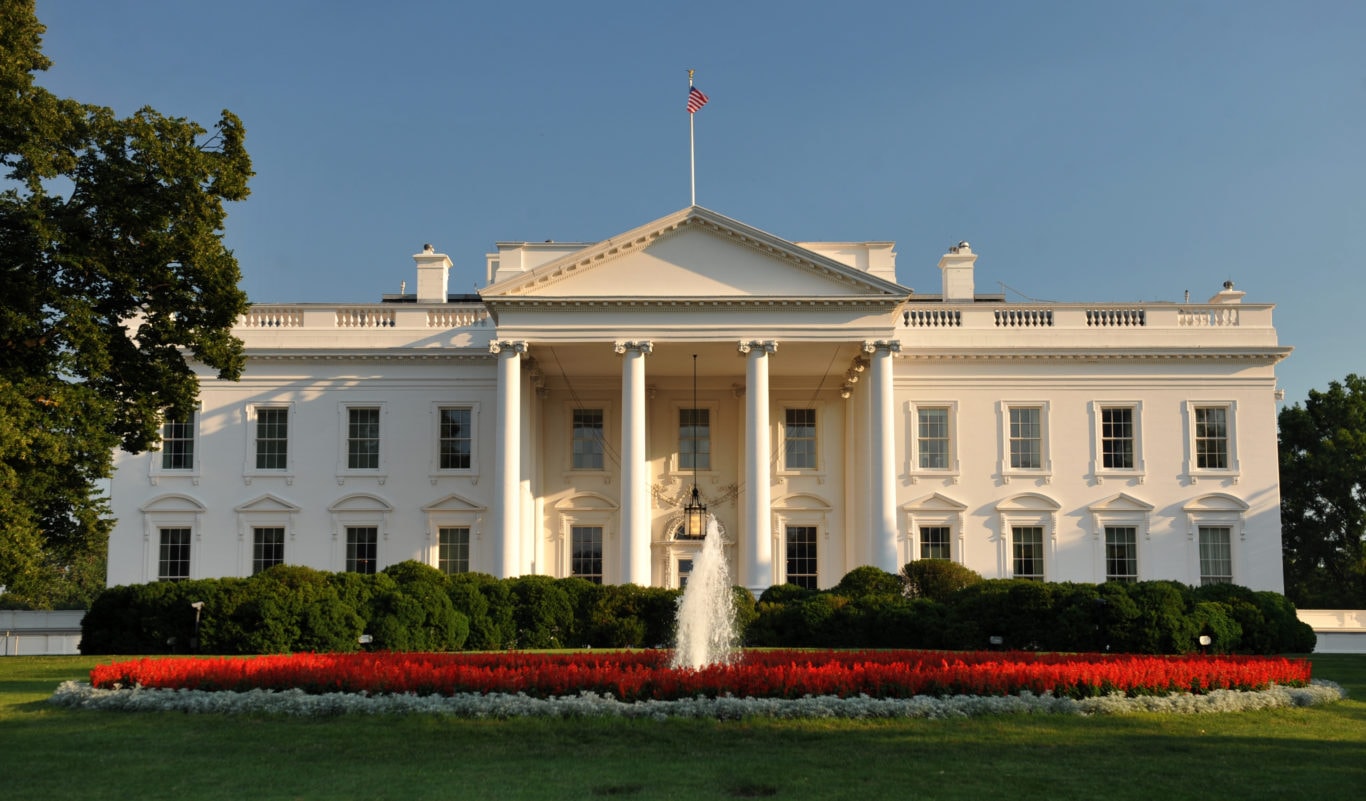A strong start, but federal leaders must do more to end hunger
A strong start, but federal leaders must do more to end hunger
For the first time in more than 50 years, the White House today convened a national conference to inspire coordinated efforts to end hunger and significantly improve public health by 2030. The conference comes in the midst of worsening food insecurity in Oregon and Southwest Washington, as food and housing costs rise and the pandemic’s economic impacts continue to take a toll.
At Oregon Food Bank, we applaud the White House for bringing national attention to rising food insecurity and meaningful solutions. At the same time, the conversation centered far too much on misplaced perceptions of “individual decisions” around diet and exercise, while ignoring many of the policies and systems that drive hunger in the first place. We must do more.
We have an opportunity to end hunger for good across the country
It’s no secret that the past two-plus years of overlapping crises have been hard on our communities. Demand for emergency food assistance across the Oregon Food Bank Network nearly doubled in 2020 and is likely to again reach similar heights this year with an estimated 1.5 million people seeking support. We’re incredibly proud of our Network’s efforts to meet this crisis —yet we know that food assistance alone cannot truly end hunger.
Of course, food is an essential resource in our communities and remains at the core of our work. But to end hunger for good, we know we must address it at the root. That means tackling the policies, regulations and systemic injustices that trap people in cycles of generational poverty. We know the impact of these systems is not evenly distributed—communities including people of color, immigrants and refugees, single moms and caregivers, and trans and gender non-conforming people have all faced disproportionate hunger and poverty for generations. So we need systemic solutions to address these systemic challenges.
Take action to end hunger at it roots
To build communities that never know hunger, we need living-wage jobs, affordable housing and childcare, and expanded access to food assistance programs. We need investments in direct assistance to people and communities that disproportionately face hunger and poverty. And we need to take meaningful steps toward erasing the widespread disparities that drive food insecurity. Join us in calling on federal leaders to broaden their vision and prioritize systemic solutions that expand access to food assistance and address the systems that drive hunger.
To achieve the goal of ending hunger in the U.S. by 2030, we need significant investments and bold policy change — and the White House and Congress must work together to:
Remove systematic exclusion of immigrants, refugees and many permanent legal residents from accessing vital food assistance programs like SNAP and WIC to make sure everyone has access to these programs no matter where we were born
Eliminate arbitrary time limits that deny families support when it’s still needed
Modernize food assistance benefits to reflect the rising cost of food
End the cycle of poverty through meaningful investments in affordable housing, childcare, healthcare and extend the expanded Child Tax Credit
Ensure every child has access to food by providing healthy school meals for all
Get serious about addressing the root causes of hunger — including systemic racism
Poverty and systemic racism are the leading causes of hunger in our region and across the country. We need our elected officials to support policies and investments that tackle these issues at the root. We’re grateful to Oregon’s Congressional Delegation for their leadership on these issues — and need them to keep pushing colleagues to support effective solutions raised by people with firsthand experience with hunger.
Throughout Hunger Action Month and beyond, you can make a difference by contacting federal leaders to demand real solutions to food insecurity. Tell the White House and our members of Congress that we need action to end hunger at its roots!
